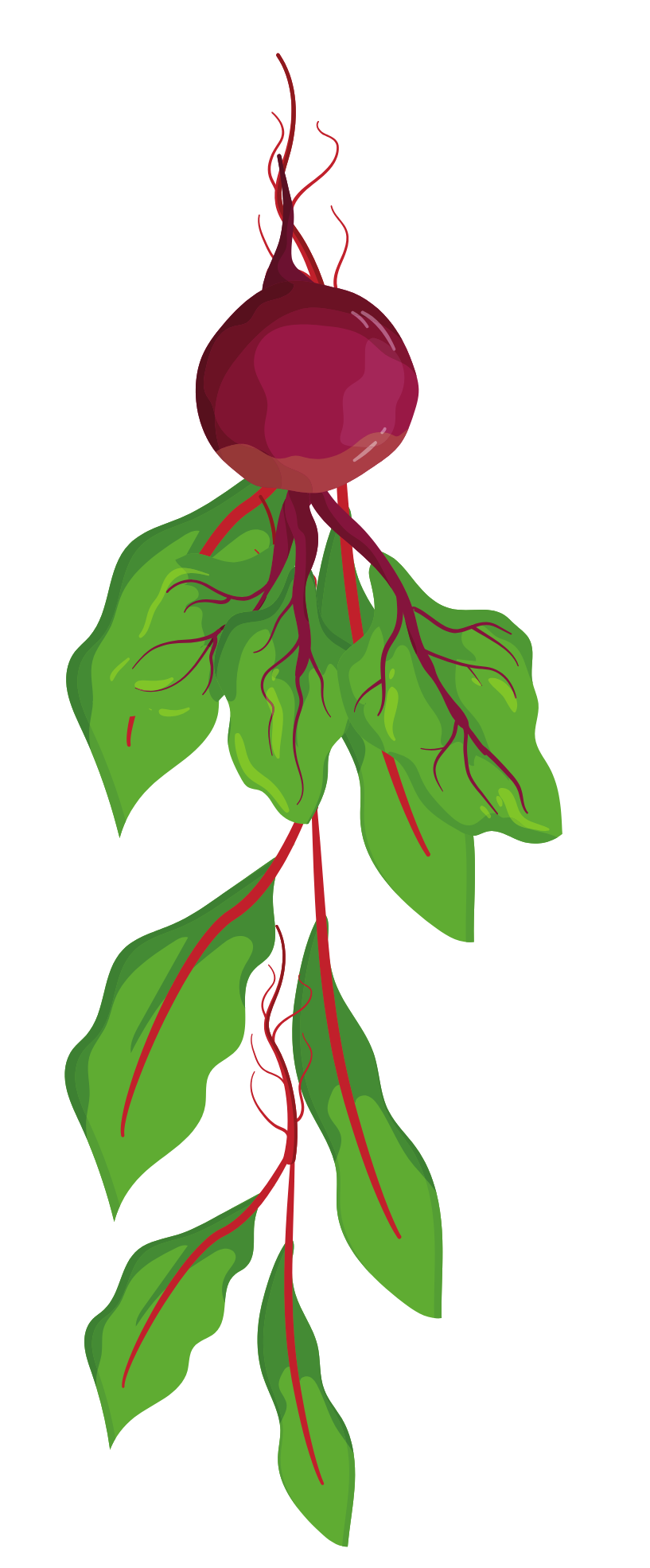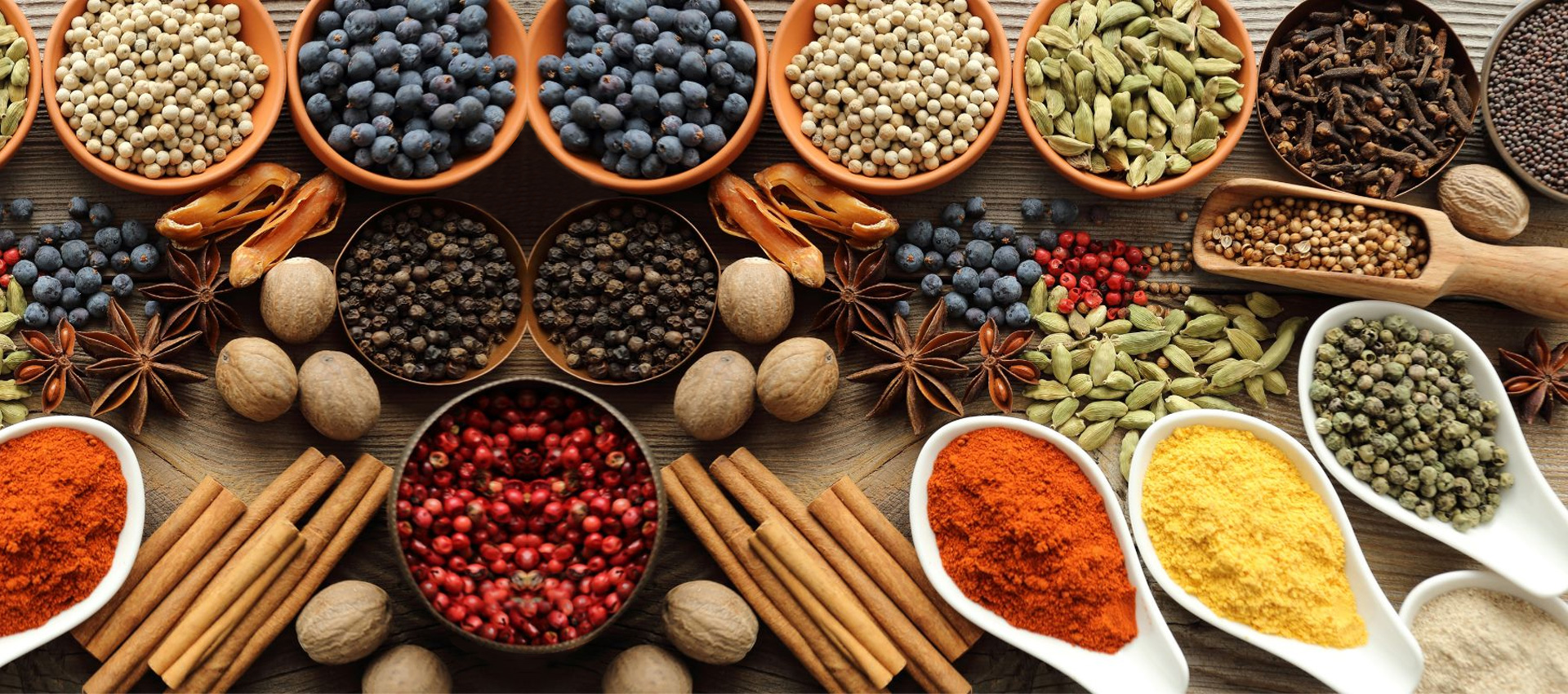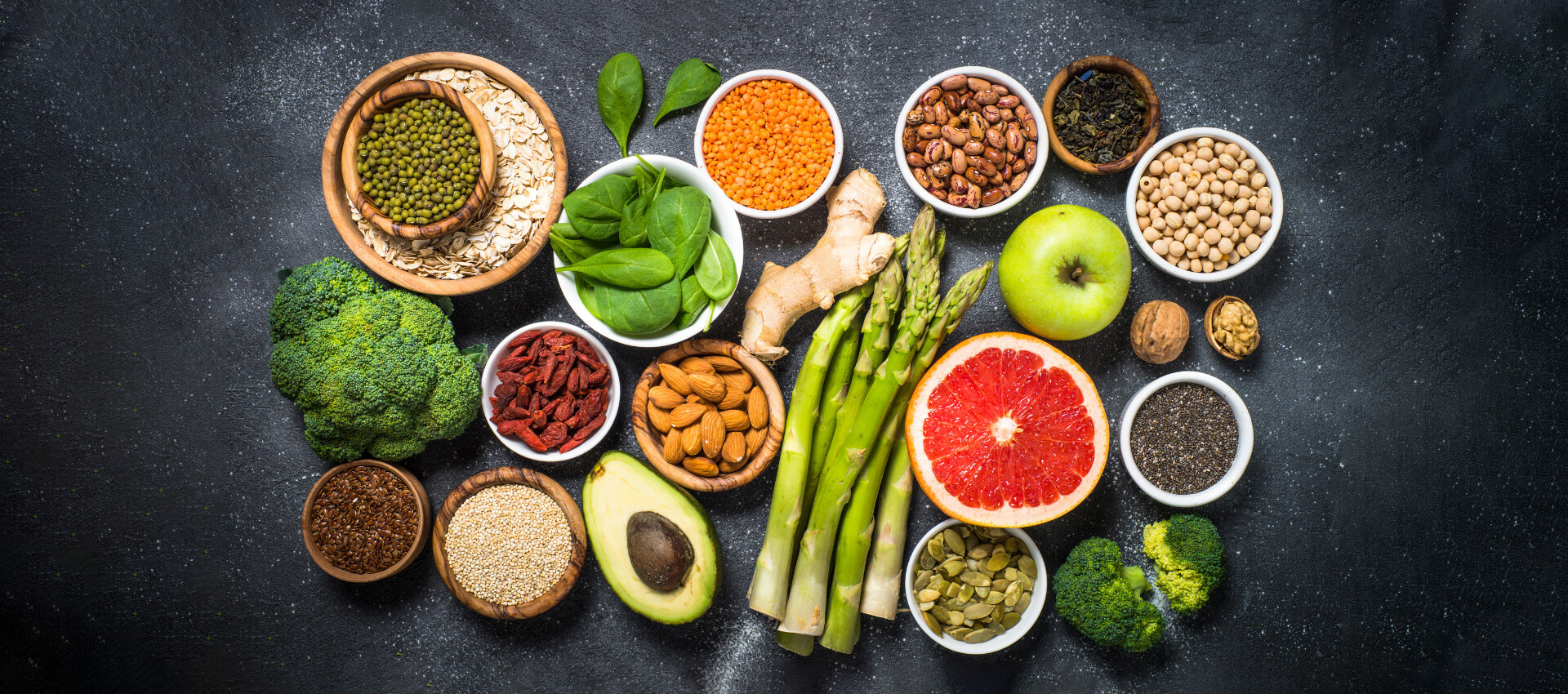A vegan diet lacks a few micronutrients, and vitamins like Vit B12 are one of that lacking micronutrients. It is found only in animal food products. So, if you are a vegan, you might consider taking vitamin supplements or start including fortified and nutrient-rich food in your diet. A deficiency of nutrients might lead to disease and hurt one in the long term. Vegan and vegetarian diets are two different diets; one should not be confused with the other. A vegetarian can eat milk and dairy products, while a vegan can’t.
Benefits Of Vegan Diets:
Vegans are guarded against the harmful effects of high cholesterol levels in the body as a vegan diet is solely plant-rich. A healthy vegan diet includes vegetables, proteins, whole grains, and cereals.
Though Vitamin B12 is present only in plants, so consumption of a vegan diet could lead to vitamin B12 deficiency, a well-planned healthy vegan diet along with Vitamin B12 supplements can turn out to be very effective.
A Vegan diet has many health benefits like it reduces cardiovascular disease, cancer risk, Rheumatoid arthritis, strokes, allergies, kidney stones, etc.
A lot of studies suggest a link between diseases like cancer and diets. Many of these cancers are preventable with diets. A vegan diet can be said to be a healthy option if you are planning to cut down your daily calories and want to maintain your Body Mass Index (BMI).
Food To Be Included In The Vegan Diet:
Given below is the list of some foods that you should include if you are planning to go vegan with your diet:
1. Cereals and Legumes:
Vegans avoid animal-source protein and carbohydrates and rely solely on plant products for their requirements. Cereals are the best source of carbohydrates. They provide the energy needed for the daily activities of the body. Among plant sources of protein, legumes serve the best options. Apart from protein, they are rich in antioxidants, calcium, potassium, and zinc. They also contain some anti-nutrients, so it’s best to soak them in water for 3-4 hour, boil them, or roast it before consumption. Legumes have a lot of variety, like pigeon peas, red peas, rajma, beans, lentils, etc. and their protein composition also varies greatly.
2. Nuts And Seeds:
A few seeds in your diet are sufficient to fulfill your RDA requirement. It is a credible source of protein and is rich in iron, selenium, zinc, and Vitamin E. A handful of soaked almonds, walnut, and a tablespoon of Chia seeds or flax seeds in your daily diet might keep you fit and prevent you from contracting diseases. Chia seed binds to Low-Density Cholesterol (LDL) and helps reduce cardiovascular disease. Flax seeds are a great source of Omega 3 fatty acids and thus help maintain the nervous system. They can also be used as a substitute for eggs in bakeries, thus serving as a great alternative.
3. Tofu And Other Fermented Products:
Tofu is a minimally processed meat alternative for vegans. It is made from soybean and is an excellent protein, iron, zinc, and calcium source. In comparison, tempeh is a fermented product made from soybean. It has a distinct flavor and holds a nutritional value almost equivalent to fish fermented products. They are rich in micronutrients and are easily digestible. In addition, they increase the gut microflora by acting as a source of nutrients needed for their multiplication.
4. Seaweed:
Lately, seaweed has been gaining popularity due to its nutritional profiling. It contains an essential fatty acid, DHA, vital for eye and heart development and maintenance. Seaweed algae like spirulina and chlorella are good sources of protein. They also contain manganese, magnesium, potassium, and riboflavin. Kelp, a seaweed, contains high amounts of Iodine, so its consumption should be limited. Nori, Kombu, and wakame are seaweeds that also have rich iodine content in them. Seaweeds are a rich source of antioxidants as well.
5. Fortified Plant Milk And Yogurt:
We know milk is an excellent source of calcium and a vegan diet lacks milk and dairy products, so calcium deficiency is a regular occurrence in vegans. Calcium is an essential macronutrient. Its deficiency affects bone and joint problems. Calcium is present in minimal amounts in plants, so to maintain a daily requirement of calcium, either supplement should be taken, or milk prepared from plants that are considered as its good sources, like coconut, almonds, rice, and oats, should be added to the diet along with calcium fortificants.
Conclusion
Vegan diets are solely plant-based diets. It says no to all animal products and animal-based products. Milk, though included by vegetarians in their diet, is excluded from vegan diets. Due to vegan’s strict diet regime, they suffer from protein and other macro and micro nutrient deficiencies leading to health problems. But on the contrary, as proven by research, the occurrence of lifestyle disease is a rare occurrence in vegans. Their diet helps them maintain their weight and decreases the chance of contracting cancer, cardiovascular disease, Rheumatoid arthritis, strokes, allergies, kidney stones, etc. Though vegan food sources are limited, a well-balanced diet might help vegans from contracting diseases from nutritional deficiency. Legumes, cereals, nuts, seeds, calcium-enriched plant-based milk and yogurt, seaweeds, etc., could serve as better food choices for vegans.
Reference-
Healthline, A.L.I.N.A. .P.E.T.R.E. (2021, August 2). 11 Foods Healthy Vegans Eat. [Weblog]. Retrieved 19 October 2022, from https://www.healthline.com/nutrition/foods-vegans-eat






